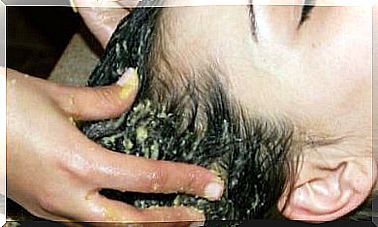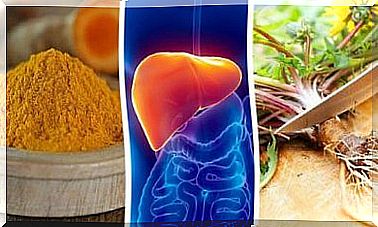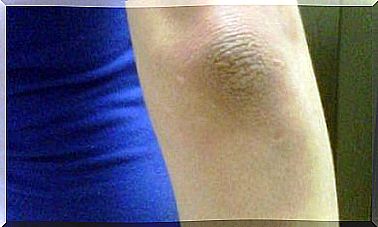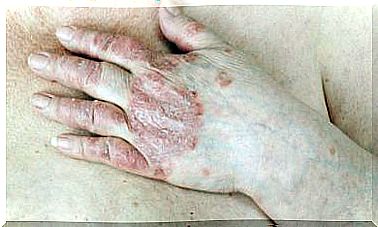8 Indications Of A Kidney Disorder
Kidney disorders usually cause only a few symptoms in the early stages, but there are signs that should be observed in order to detect them early. These include, for example, fluid retention or altered urine.
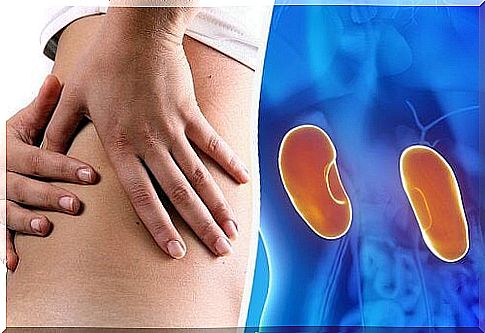
The kidneys are responsible for filtering pollutants from the blood so that they can be discharged through the urine. There is evidence of a kidney disorder that you should be aware of.
It is estimated that these will be the size of a fist in a year. 190 liters of blood are processed every day in order to excrete up to two liters of water.
The kidneys also play an important role in regulating blood pressure. They also produce various hormones that are responsible for our general well-being.
However, an excess of pollutants can cause the kidneys to function properly and develop into serious kidney disorder over time , which in turn leads to serious health problems.
It is particularly worrying that most of these are “silent complaints”, meaning that there are no symptoms in the early stages or that these are confused with general complaints.
However, there are various very clear signs that can help you to become aware of symptoms and to take the right action.
Then we name 8 of these very important signs of kidney disorder . Learn more about it.
1. Changes in urinary habits

Changes in urinary habits usually occur when something is wrong with the kidneys.
Anyone who feels the need to go to the toilet all the time, or if the number of toilet visits is significantly reduced, is a sign that the kidneys are not working properly.
2. Altered urine
Changes in the color, smell or consistency of the urine are also valuable indicators that something is wrong with the kidneys.
If the color is more yellow than normal, blood, or unpleasant odors, you should see a doctor for a diagnosis.
While this is usually caused by a urinary tract infection, it is advisable to get the necessary tests done to rule out more serious problems.
3. Fluid retention
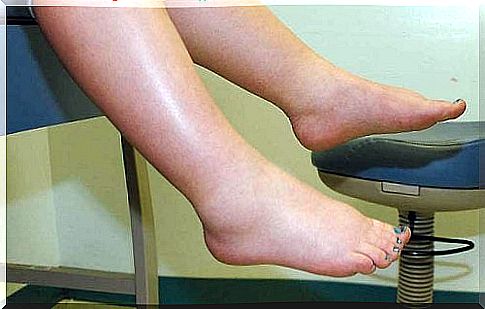
Since this organ is responsible for regulating the fluid balance, a disruption can lead to the accumulation of fluid in the tissue or to edema.
If the ability to filter liquids and pollutants is reduced, inflammation and swelling of the face, legs and ankles or other parts of the body can occur.
4. Fatigue and exhaustion
The kidneys make a hormone known as erythropoietin that helps make red blood cells.
These play an important role in the transport of oxygen to the cells.
Therefore, kidney disorder can lead to anemia, which leads to tiredness and exhaustion.
If the body’s cells receive less oxygen, this can cause dizziness, tiredness and difficulty concentrating.
5. Back and kidney pain

Patients with kidney problems, especially the elderly, often have pain in the lower back, around the kidneys.
It could also be a muscle problem, but very often a kidney disorder is behind these symptoms.
Kidney stones or urinary tract infections can also lead to intense pain in the lumbar area, which affect the groin area.
6. Strange taste in the mouth
The build-up of harmful substances in the blood in kidney disorders can cause a strange, metallic taste to form in the mouth and also bad breath.
Some patients lose the desire to eat meat or generally eat less than usual.
7. Skin discomfort

Many ignore this, but healthy skin also depends on proper oxygenation and purification of harmful substances by the kidneys.
If the kidneys do not correctly filter the pollutants from the blood, various skin complaints can occur, which are particularly noticeable on the face.
Sometimes the skin changes are accompanied by itching or allergic symptoms.
8. High blood pressure – a symptom of a kidney disorder
Elevated blood pressure can be caused by various factors, with the health of the arteries and the cardiovascular system being at risk.
In these cases, it is very important to know that fluid retention can also lead to increased blood pressure.
Both chronic kidney failure and glomerulonephritis increase the risk of high blood pressure.
This can also be caused by a narrowing of the kidney artery, also known as a stenosis. This causes partial blockage of the renal artery, which is responsible for directing blood to the kidneys.
Do you have any idea that something is wrong with your kidneys? You should see a doctor early to prevent serious complications!
